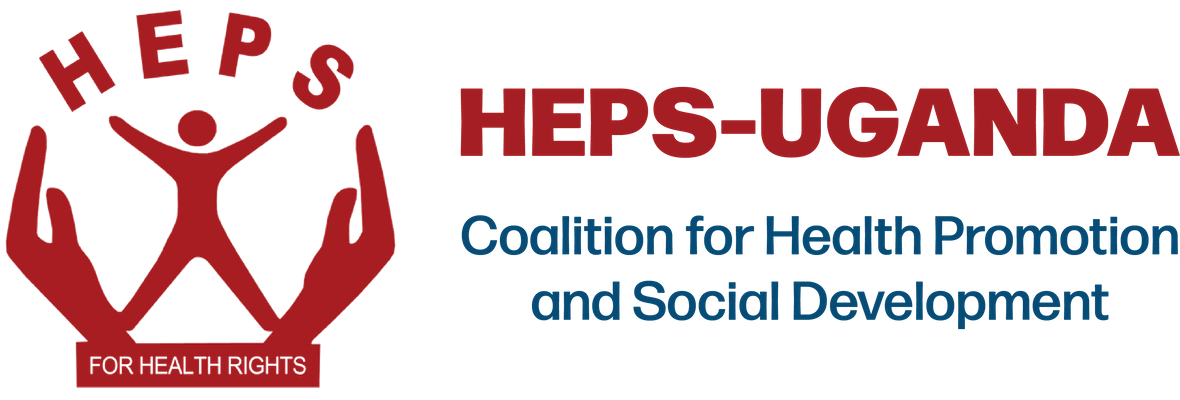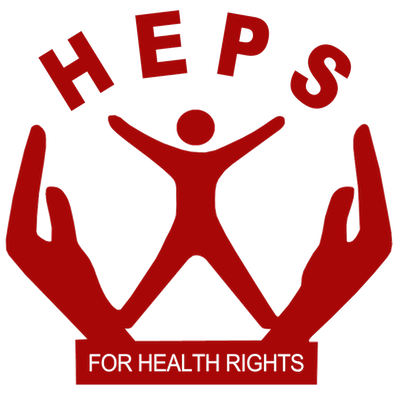Uganda joined the rest of the world to observe Breastfeeding Week, which is celebrated every first week of August. The event is championed by the Uganda National Institute of Public Health (UNIPH), UNICEF Uganda, and WHO. This year’s theme emphasizes the importance of establishing and strengthening systems that support breastfeeding mothers, ensuring they have the resources and encouragement needed to breastfeed successfully.
This includes support from family members, healthcare providers, communities, and workplaces, as well as government policies and laws that protect and promote breastfeeding.
Breastfeeding is widely acknowledged as one of the most effective ways to promote infant health and survival, significantly reducing mortality rates among newborns and children under five.
Breastfeeding benefits extend beyond the infant; it also plays a critical role in maternal health. It lowers the risk of breast and ovarian cancers and reduces stress and depression, thereby decreasing the incidence of postpartum depression among mothers
Despite its benefits, fewer than half of infants under six months are exclusively breastfed today. Lack of breastfeeding support during the critical first week negatively affects the overall breastfeeding intentions and prevalence.
A supportive environment is crucial for mothers to initiate and sustain optimal breastfeeding practices, which include exclusive breastfeeding for the first six months of a baby’s life and continued breastfeeding for two years or beyond, alongside appropriate complementary foods.
In Uganda, every woman deserves respectful and informed breastfeeding guidance from skilled healthcare professionals, alongside strong support from her family and community. This underscores the vital significance of this year’s theme, emphasizing the need to ensure that all mothers receive the compassionate care and encouragement necessary for successful breastfeeding.
Fathers and partners should be mobilized and educated on their role in supporting breastfeeding mothers by helping with household chores, caring for older children, and providing emotional support. Workplaces need to provide not only statutory maternal leave, but also thereafter, breastfeeding breaks and clean spaces.
The Uganda Ministry of Health has developed enabling policies, such as the “Uganda Policy Guidelines on Infant and Young Child Feeding,” which set standards for promoting breastfeeding. The government’s role is to ensure these policies are implemented and monitored at all levels. The government should ensure that the Employment Act is enforced to the letter, especially regarding maternity leave and workplace accommodations, and put in place stronger protections.
All actors must make efforts to ensure everyone has access to breastfeeding support and opportunities. No one must be left behind, especially vulnerable mothers who may need additional support to reduce breastfeeding inequalities. Protecting, promoting, and supporting breastfeeding addresses inequalities that stand in the way of sustainable development.
Read more HEPS-Uganda@25’s opinions on our blog, on our website www.heps.or.ug
Upcoming Events:
-
Second Uganda National Conference on Health, Human Rights and Development (UCHD 2025) – 3-5 September 2025
-
National Safe Motherhood Conference – 22-24 October 2025
-
HEPS-Uganda@25 celebration – November 2025





